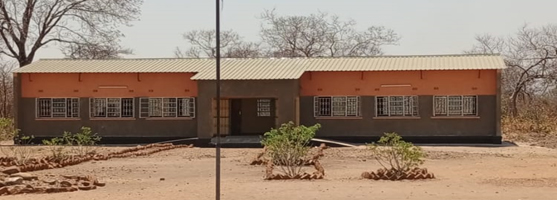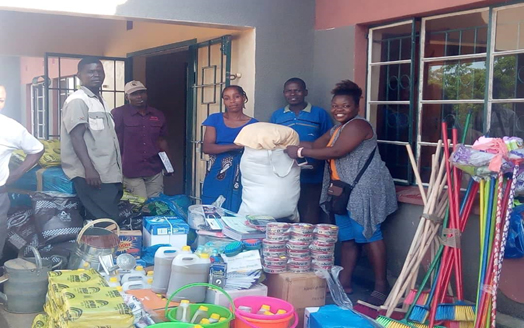Zambia has made one of the greatest achievements it could regarding its education: having almost universal primary school completion levels. More precisely, there is a rate of 91.8% at the end of grade 7. However, there are still major disparities in the country.

Education is central to achieving twin goals: it is a reliable route out of poverty through large and consistent returns to income for individuals and as a driver for economic growth. It is also a prime vehicle for promoting shared prosperity. The main challenge in the education sector is to achieve “learning for all and learning for life”- that is, to ensure that all children and young people acquire the knowledge and skills they need for their lives and livelihoods. In the past two decades, the developing world has made great advances in education, most notably in enrolling and keeping children in school and in approaching gender equality. Despite these successes in expanding access to education, critical challenges remain: removing persistent educational barriers faced by the poorest people and those living in fragile and conflict-affected states and improving the quality of education so that schooling leads to real learning. In recent years, the education development community, have shifted their focus to include learning outcomes.
What we are doing in Zambia
RFDP Zambia works in collaboration with the Ministry of Education in contributing to improving education outcomes such as Attendance rate in schools, Enrolment, progression, and pupil retention in schools. This is done through the following educational interventions:
Buildings, classrooms, laboratories, and equipment- education infrastructure - are crucial elements of learning environments in schools. There is strong evidence that high-quality infrastructure facilitates better instruction, improves student outcomes, and reduces dropout rates, among other benefits. With many rural schools in Zambia facing a challenge of adequate conducive schools Infrastructure. Rising Fountains Development Programme has played a significant role in partnership with communities like such Mwandakwisano community in Mambwe district where RFDP Zambia rehabilitated school toilets, built washroom for girls and Constructed a 1 x 2 classroom block

Every student can learn irrespective of his/her disability, sex, race provided the unique needs are addressed during teaching and learning process. Inclusive education as an approach implies all learners, with or without disabilities, to be able to learn together through access to common pre-school provisions, schools and community educational setting with an appropriate network of support services, which can be possible only in a flexible education system that assimilates the needs of diverse learners and adapts itself to meet these needs,
Rising fountains Development Programme’s concern for children’s’ Classroom hunger saw a significant intervention which led to learners at Mwandakwisano receiving a daily meal in their place of education. Mwandakwisano community is in Mambwe district which is frequently affected by floods. Being also in the Luangwa national park, households experience wild animals eating crops most of the times. These factors have contributed to perpetuating the increased hunger levels in the area especially school going children. With Rising fountains development program’s intervention of meals children are given hope of an education just like any other child.

BE PART OF THIS NOBLE CAUSE
Your donation of just $25 will feed 1 child for the whole year. Please Donate
Water, Sanitation, and Hygiene (WASH) interventions aimed at keeping girls in school in sub-Saharan Africa through provision of sanitary materials, water, soap and privacy show mixed impact on school absenteeism.While in school, girls require an environment that is supportive of menstrual hygiene management (MHM) in order to ensure regular school attendance and participation. Little is known about schoolgirls access to and practice of MHM in rural Zambia.
RFPD has been promoting regular school attendance and participation for a girl child in the rural schools by providing universal access to sanitary items when and where they are needed, soap and water to wash their hands, privacy to change products when required and provide facilities such as Girl Washroom to dispose of used sanitary products. RFDP has also played a role in providing accurate and age-appropriate education on menstrual hygiene, including how poor menstrual hygiene can lead to toxic shock syndrome and various reproductive tract infection.